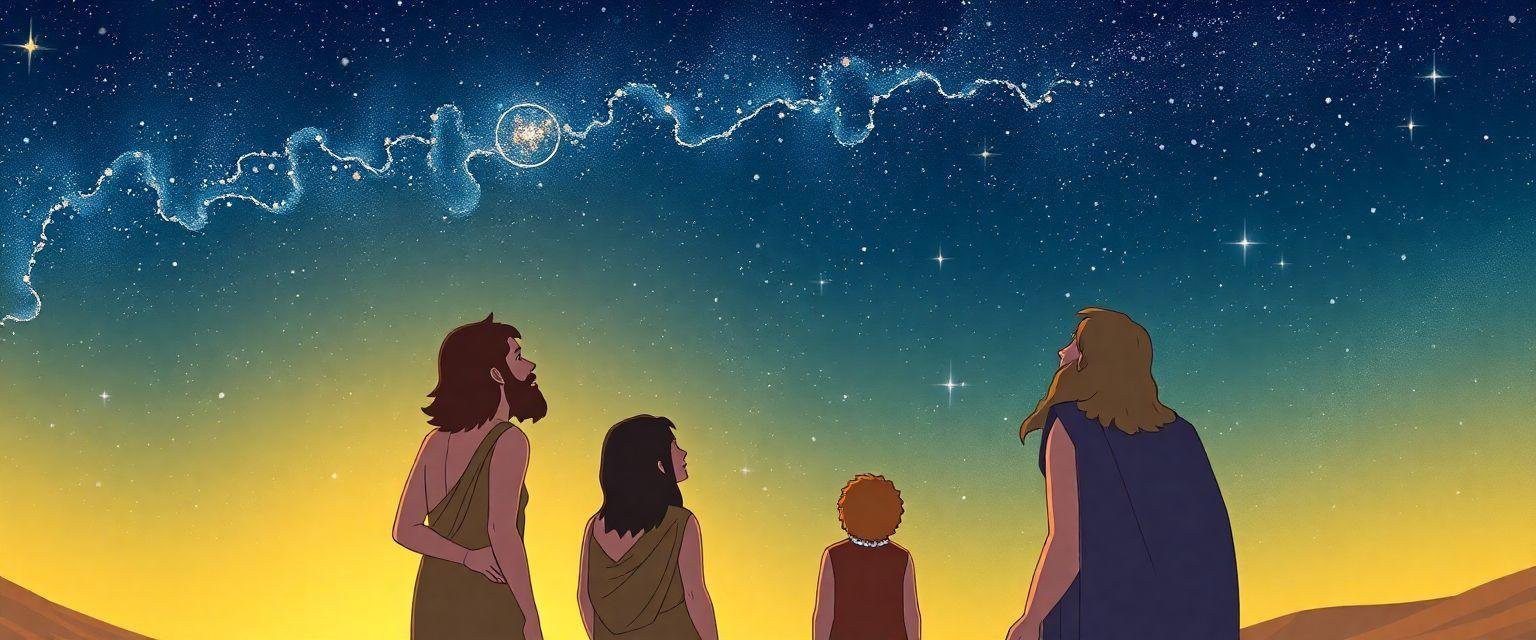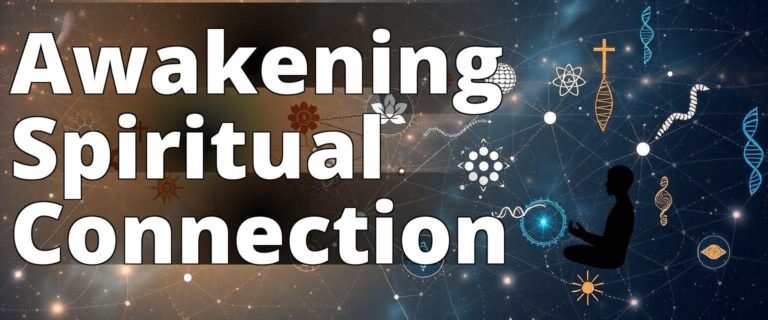Did God Create Man, or Man Create God?
In the quiet moments of our lives, when we pause to reflect on the vast universe around us, a profound question often echoes through our minds: Did God create man, or did man create God? This inquiry is not merely philosophical; it is the very essence of our cultural, social, and existential identity. The divine presence, or absence thereof, has woven itself into the fabric of human consciousness for millennia, influencing everything from morality to art, politics to science.
Cultural Impact of Gods
Explore how the concept of gods shapes human culture and belief systems.
– The debate over whether God created man or vice versa influences philosophical thought and societal norms.
– Cultural narratives often reflect humanity’s need for understanding and meaning, which can lead to the creation of gods.
– The presence or absence of gods in various cultures significantly impacts morality, law, and social cohesion.
Did God Create Man, or Man Create God?
The debate over the origins of God and humanity is as old as civilization itself. On one side, many argue that a divine creator fashioned us in His image, providing moral guidance and a framework for understanding the universe. This view has been the cornerstone of religious belief systems across the globe, offering comfort and community to billions.
On the flip side, some suggest that God is a construct of human imagination, invented to explain the unexplainable and to enforce societal norms. This perspective posits that as our ancestors gazed into the night sky, filled with wonder and fear, they conjured gods to make sense of the celestial mysteries and the chaos of nature.

Cultural Impact of Gods
The cultural impact of gods is undeniable. Let’s consider the ancient Greeks, whose pantheon of deities not only explained natural phenomena but also served as archetypes for human behavior. Their myths, rich in moral lessons and entertainment, have been passed down through generations, influencing Western literature, philosophy, and art.
Moreover, the concept of God has shaped societal structures and laws. The idea of divine right, for example, once justified monarchical rule, asserting that kings were chosen by God to govern. This belief held sway until the Enlightenment, a period when reason and science began to challenge religious dogma.

The Scientific Perspective
From a scientific standpoint, the creation of gods by humans can be examined through the lens of psychology and sociology. Research suggests that belief in a higher power may be a byproduct of cognitive processes that evolved to make sense of the world. A study published in Nature argued that humans are naturally inclined to see patterns and assign meanings, even when none exist, a tendency known as apophenia.
The field of evolutionary psychology proposes that religion may have conferred survival advantages. By fostering group cohesion and cooperation, belief systems helped early humans outcompete other groups. Furthermore, the moral codes embedded in these beliefs curbed antisocial behavior, promoting societal stability.
Insider Tip: Dr. Helen Fisher, a renowned anthropologist, suggests that understanding the origins of religious belief can offer insights into human nature and the evolution of culture. Her research emphasizes the importance of examining religion as a natural phenomenon rather than a supernatural one.
Thought-Provoking Questions
- If humans have the inherent capacity to create gods, what does that say about the role of imagination in shaping reality?
- Could the decline of traditional religious beliefs in modern society lead to the creation of new gods or belief systems?
- How do cultural differences in the conception of gods influence global conflicts and cooperation?
The God Who Wasnt There
The notion of “The God Who Wasn’t There” invites us to consider atheism and its impact on human experience. Atheism, the absence of belief in deities, challenges the traditional narratives that have long comforted and constrained us. It asks us to find meaning and morality without the presence of a divine overseer.
Atheism’s Influence on Society
In recent decades, atheism has gained prominence, driven by the rise of secularism and scientific rationalism. The Pew Research Center reports that the number of people identifying as atheists or agnostics has been steadily increasing, particularly in Western countries. This shift has profound implications for how societies function and how individuals find purpose.
One significant impact of atheism is the emphasis on humanism, a philosophy that centers on human welfare and the search for truth through reason and evidence. Humanism advocates for ethical living based on empathy and respect for all people, regardless of religious belief. This perspective has led to progressive social changes, such as the separation of church and state and advancements in human rights.

Personal Reflections
Growing up in a religious household, I was taught that God was an omnipresent force guiding my every step. However, as I matured and began questioning the doctrines I once accepted without hesitation, I found myself drawn to the tenets of atheism. The freedom to explore different philosophies and construct my own moral compass was both liberating and daunting.
This journey of self-discovery is not unique. Many who embrace atheism describe a similar sense of empowerment, as well as challenges, such as navigating relationships with family and friends who hold differing beliefs. However, the shared experience of seeking truth and meaning in a godless world fosters a sense of community and solidarity.
The Role of Science and Technology
Science and technology have played pivotal roles in the rise of atheism. As scientific understanding expands, phenomena once attributed to divine intervention are increasingly explained through natural laws. The theory of evolution, for instance, offers a compelling narrative of life’s complexity without invoking a creator.
Moreover, technology has democratized information, giving people access to diverse viewpoints and enabling them to question long-held beliefs. The internet, in particular, has become a platform for atheistic discourse, connecting individuals who might otherwise feel isolated in their skepticism.

Insider Tip: Dr. Richard Dawkins, a prominent evolutionary biologist, argues that science should not just be a tool for understanding the physical world but also for navigating moral and existential questions. His works encourage a critical examination of religious claims through the lens of empirical evidence.
The Future of Belief
As we look to the future, the question remains: Will the decline of traditional religious beliefs continue, or will new forms of spirituality emerge? Some theorists suggest that as humanity faces global challenges like climate change and technological disruption, there may be a resurgence of spiritual seeking, albeit in forms unrecognizable to past generations.
This evolving landscape of belief invites us to remain open-minded and curious. Whether we find solace in the concept of God or in the pursuit of scientific understanding, the quest for meaning is a universal human endeavor.
Conclusion
The exploration of whether God created man or man created God is both a deeply personal and culturally significant journey. It challenges us to reflect on our beliefs, the origins of our moral codes, and the impact of those beliefs on society. Whether through the lens of religion or atheism, the quest for understanding the divineor its absencecontinues to shape our world.
As we ponder the role of gods in our lives, let’s remain vigilant in questioning and exploring the depths of human imagination and ingenuity. The cultural impact of gods, whether real or imagined, is a testament to our enduring quest for meaning in an ever-changing universe.
For further exploration of similar topics, visit our main sitemap for a comprehensive list of articles.
Questions
Q. What is the cultural impact of gods on societies today?
A. The cultural impact of gods shapes values, traditions, and identities globally.
Q. Who discusses the creation of man versus the creation of gods?
A. Scholars and theologians explore the relationship between man and gods extensively.
Q. How do different cultures view the creation of gods and mankind?
A. Different cultures have unique myths and beliefs regarding the creation narratives.
Q. What role do gods play in human moral development?
A. Gods often provide moral frameworks that guide human behavior and ethics.
Q. Can belief in gods influence societal structures and norms?
A. Yes, belief in gods can significantly shape laws, governance, and social norms.
Q. What if I don’t believe in gods, does that affect cultural impact?
A. Even non-believers can appreciate and understand the cultural significance of gods.







